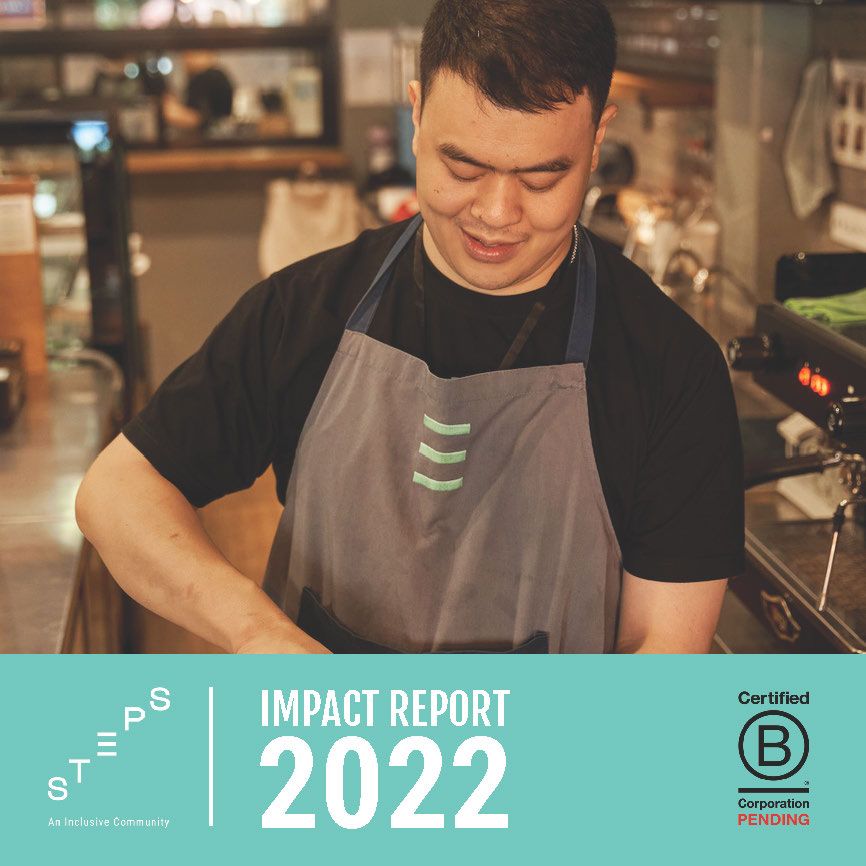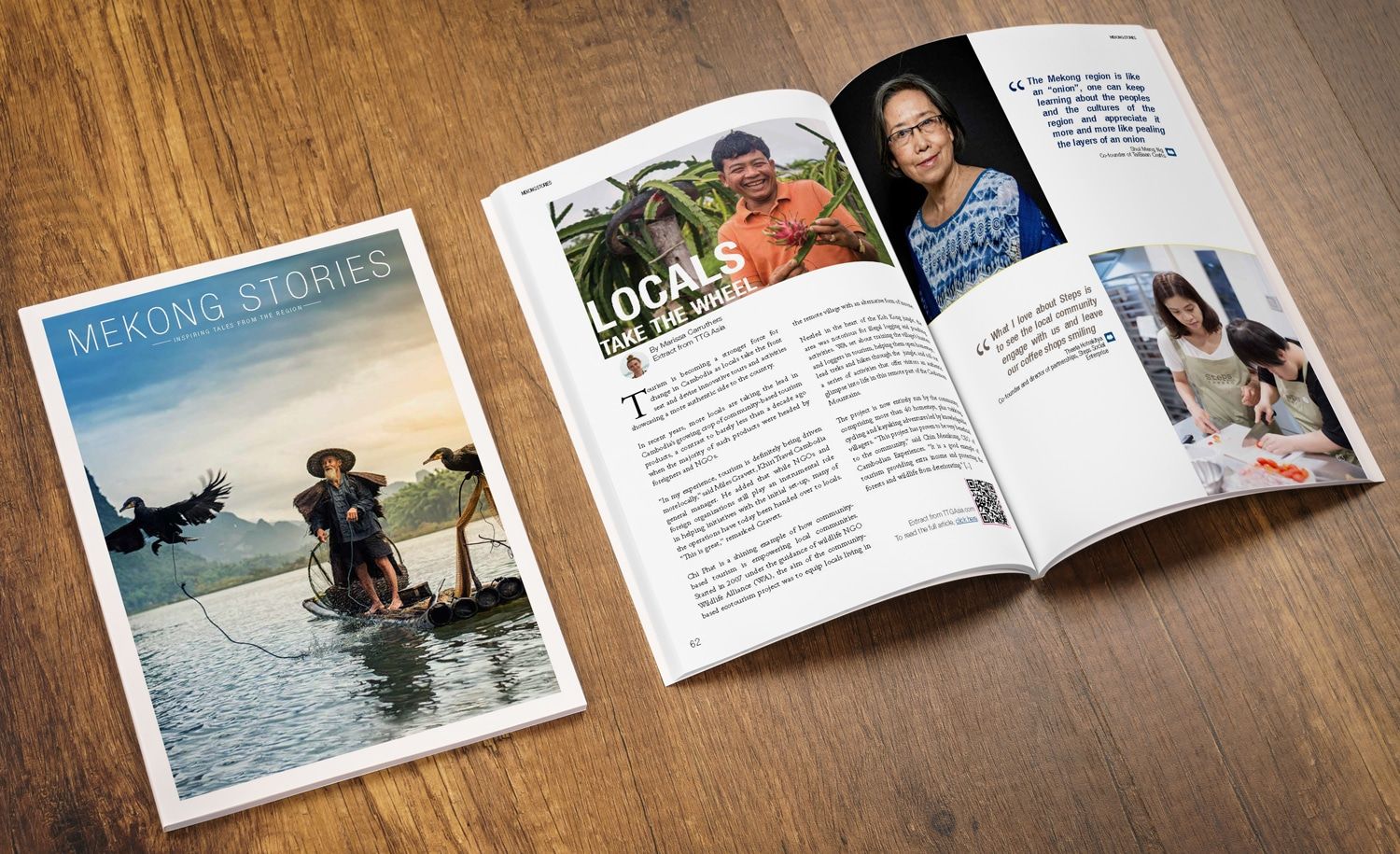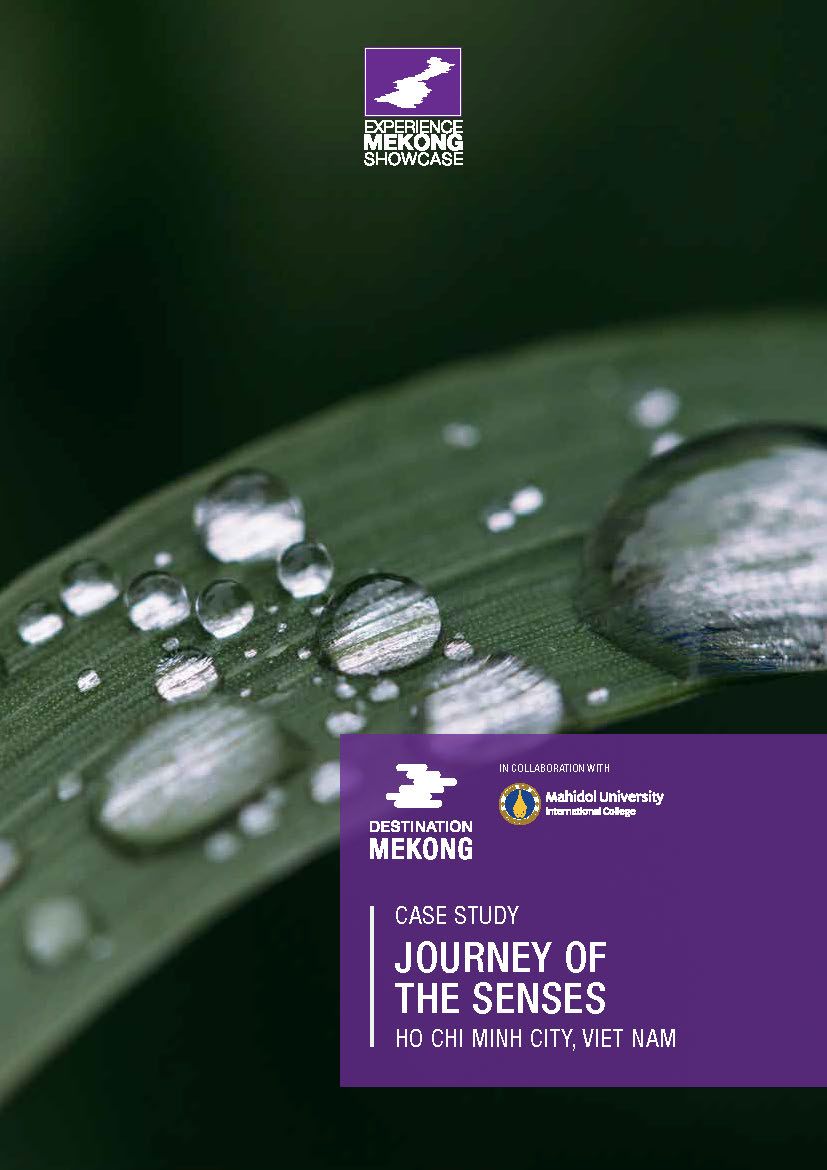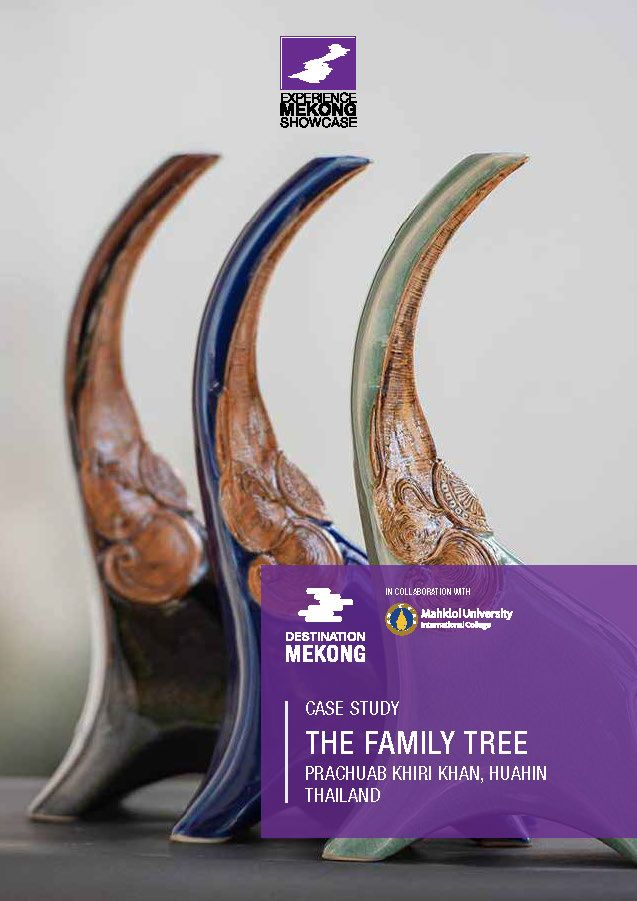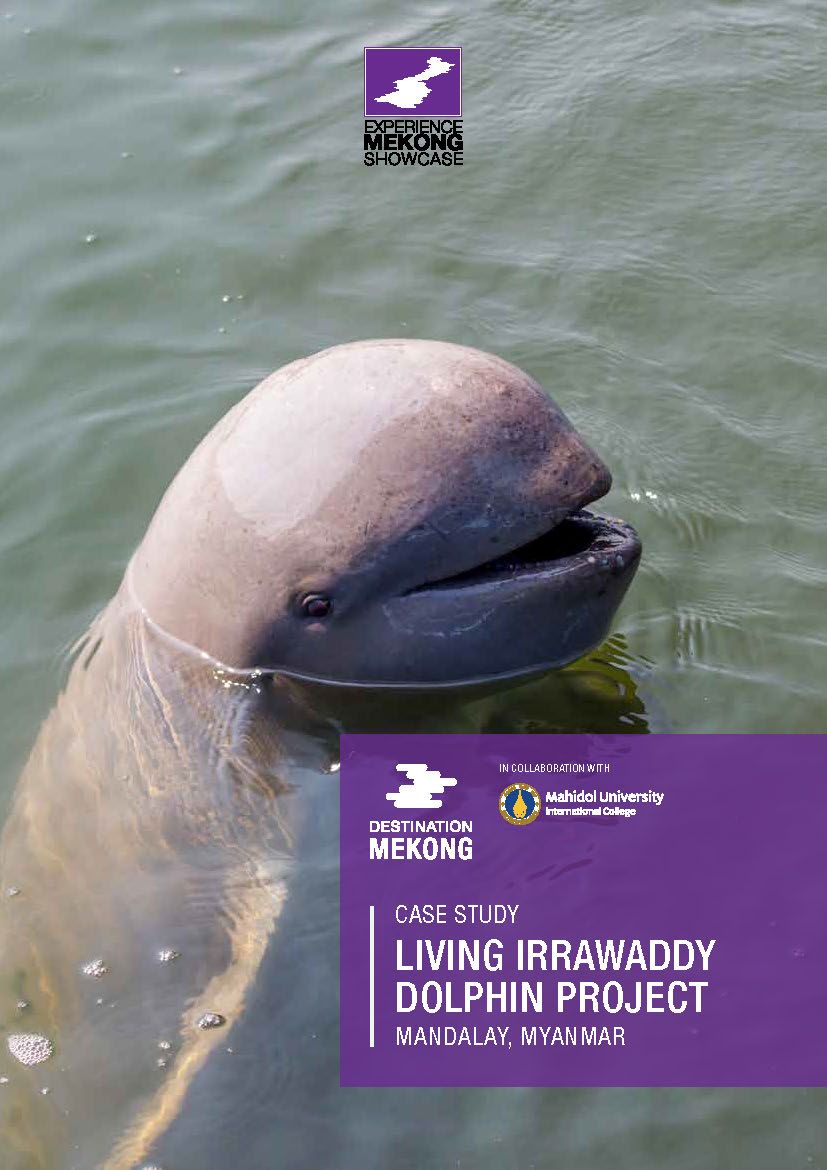
Valued Paid Recognized
The hospitality and tourism (H&T) sector is a major driver of economic growth and employment in the Mekong Region, with pre-COVID-19 annual international arrivals totaling around 50 million, expenditureup to $67 billion and jobs provided to around 10 million people.
More than half of those working in the H&T sector in the region are women, often young, low-skilled and lacking in education. The H&T sector, despite being a major employer of women, is characterized by deep-rooted gender inequities, stereotypes, and discrimination, detracting womenʼs opportunities for decent work, equal pay, and representation in decision-making roles. Globally, the sector is not immune to gendered divisions of quality work, however each region has varying levels of success and progressin ensuring equal outcomes for women. Progress and empowerment for women in the H&T sector in the Mekong region are held back by entrenched social norms,unequal economic development and lack of government support or pressure.
It has been widely demonstrated that investing in women and taking strides to ensure their equal participation in the economy and job market not only brings great returns on investment but recoups the lost potential economic contribution of women. Beyond this, there is a clear moral imperative that women should be able to enjoy the same opportunities of men, free from discrimination, unequal treatment, and exploitative work.
The objective of this review is to contribute to the knowledge garnered under the Girls Advocacy Alliance project conducted by Plan International on womenʼs empowerment in different industries in Asia. Specifically, this review aims to provide an overview of the state of business efforts to promote womenʼs empowerment in the H&T sector in the Mekong region. The review itself reflects a major knowledge gap on the private sectorsʼ work to enact change for women. Therehas been a sheer lack of publicly available data of businessespro-actively pursuing policies to promote womenʼs empowerment or well-being in the workplace.From the literature that exists, discussions focus on either the challenges or positive practices found globally and for those contextualized in Asia-Pacific, challenges are well-documented but good practices are not.
For the Mekong region,as in other regions,the challenges for womenʼsempowerment in the H&T sector largely lie with the socialconstraintsplaced uponwomen by harmful gender norms and stereotypes that bleed into the workplace. It is found that social normsimpact the H&T sector to a greater extentthan other sectorsas occupations are increasingly assignedwith gendered attributes. Thesimilarities to womenʼsprescribed household and domestic duties and the demand for allegedly ʻfeminineʼ traits relating to hospitableness are referenced alongside the ease with which young and ʻunskilledʼ workers can enter into jobs in the industry.
Positive examplesthat the review uncover look at large international hotelsʼ corporate social responsibility initiatives, usually intended to increase the representation of women in senior or executive roles through leadership training. These programs appeared tofocusmoreon talent cultivation ratherthan addressingdeeper constraints such as womenʼs time poverty and child-care responsibilities.
With such limited data, the review sought out, through ASSET-H&C, the insights of non-profit vocational training schools focused on providing marginalized young people with technical and life skills training to enter into the H&T sector.
Valued Paid Recognized
Publisher:
Plan International
Girls Advocacy Alliance
Asset-H&C
Year:
2022
Language:
English
Size:
35 pages | 23.5 MB
Location:
LMR

